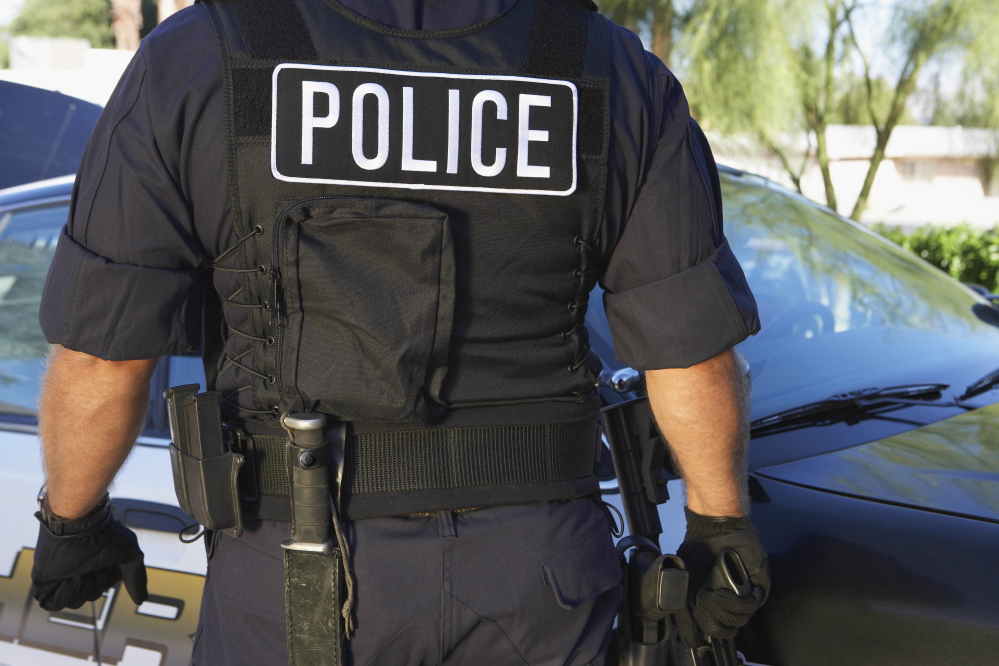By settling a lawsuit with a Bar Harbor couple who were arrested and jailed after filming police in the Old Port, the city of Portland has learned a $72,000 lesson: that First Amendment protections long afforded to journalists also apply to bystanders using cellphones.
The incident has spurred the city to commit itself to better schooling police officers on citizens’ free-speech rights – by far the soundest course of action in an era when demands for accountability and transparency are growing, and no public employee can avoid the public spotlight.
Jill Walker and Sabotino Scattoloni spent several hours in jail last May 25 after Scattoloni used his cellphone to record an interaction between five police officers and a motorist suspected of drunken driving and sideswiping a cruiser. Walker and Scattoloni were handcuffed and charged with obstructing government business; the charges against them were later dropped (as were the counts faced by the motorist).
Officers said that the couple were arrested not because they were filming what was going on but because they refused to obey an order to move away from the scene. So the two sides in the case disagree whether a cause-and-effect relationship exists.
But nobody disputes that two people were fingerprinted, searched and kept in a holding cell, after one of those people recorded the conduct of public employees in a public place. And that’s an activity that’s protected by the Constitution, according to a growing body of case law.
One landmark 2011 1st Circuit Court of Appeals decision – involving a man detained after videotaping an arrest on Boston Common – holds that as long as it doesn’t interfere with an officer’s work, “a citizen’s right to film government officials, including law enforcement officers, in the discharge of their duties in a public space is a basic, vital and well-established liberty safeguarded by the First Amendment.”
What’s the difference between an average citizen with a smartphone and a reporter with a video camera? As far as their right to record in public is concerned, there is none – and “for decades, we have had television stations recording in public and not facing sanctions,” Jeffrey P. Hermes, then of Harvard’s Digital Media Law Project, told the ABA Journal in 2012.
Granted, police officers don’t have it easy. Their mandate to protect and serve means that they face situations that most of us would move away from at high speed. But the officers who conduct themselves with professionalism have nothing to fear from having their conduct captured on video. And the recordings will provide corroboration for disciplining or taking other action against those members of the force who do abuse their leverage.
Recent, high-profile and deadly confrontations between police and members of the community have eroded citizen trust in the law and those who enforce it. Allowing the public to document how people who work for them do their jobs could go a long way toward making this relationship a less adversarial and more productive one.
Send questions/comments to the editors.



Comments are no longer available on this story